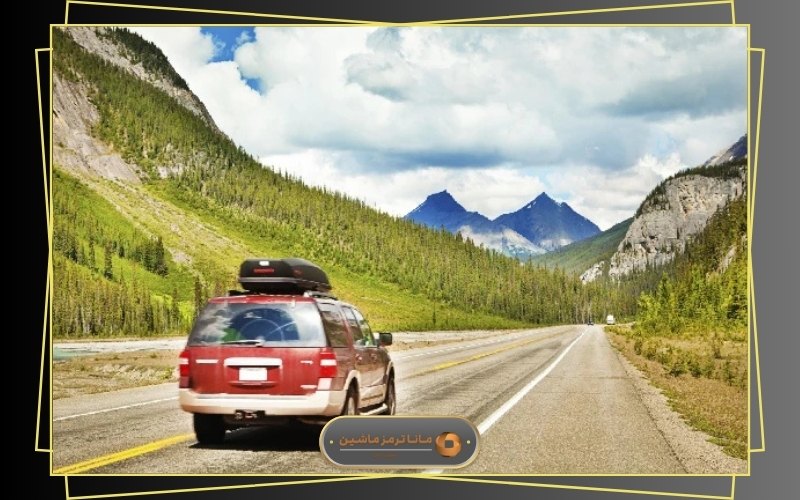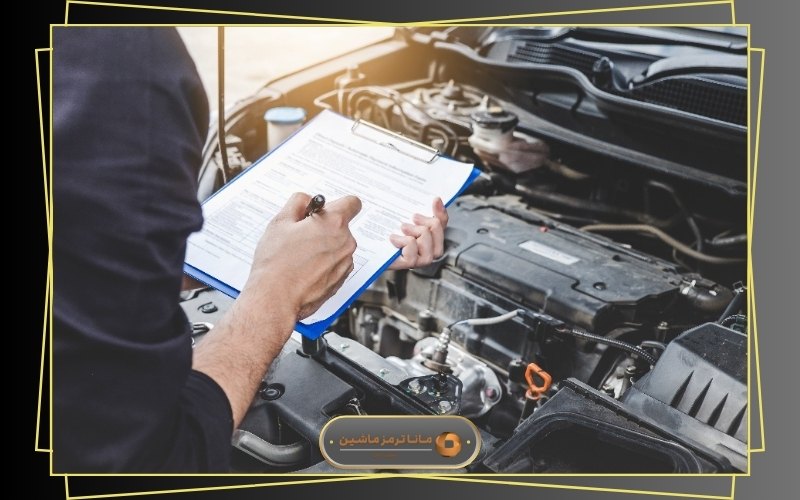If you’re planning to travel with your personal car, we recommend reading this article carefully. Checking the condition of your vehicle before a trip is extremely important. This will help you start your journey with peace of mind, without worrying about technical or safety issues. Examining various details of the car—from mechanical condition to body cleanliness—is essential to ensure a safe and enjoyable trip. Below, we present you with a complete car checkup checklist before traveling.
Importance of a Complete Vehicle Checkup Before Traveling
The pre-trip checkup should be done at least one or two days before the journey begins, and it’s best performed by an experienced mechanic. Mechanics are familiar with all the components of a vehicle and its technical details, and they know exactly which parts need to be inspected before a trip. A car may function perfectly in normal city conditions, but as soon as it hits the road and faces increased pressure from speed, weather conditions, and prolonged driving, issues may arise that weren’t noticeable in urban settings.

What Should Be Checked Before a Road Trip?
In this section, step by step, you’ll get familiar with the essential items that should be checked before traveling:
1. Tire Condition
Under- or over-inflated tires can cause problems such as increased fuel consumption and the risk of flats. Proper tire pressure helps maintain control of the vehicle on slopes and curves. Tire pressure should be adjusted based on the vehicle’s total weight and travel load.
2. Spare Tire Check
Never overlook the spare tire. Make sure it’s in good condition and properly inflated. Also, keep necessary tools such as a jack, lug wrench, hazard triangle, and other emergency items in the vehicle.
3. Engine Oils
Oils are vital for vehicle performance. First, check the engine oil level and quality. Engine oil should typically be changed every 5,000 to 10,000 km depending on the brand and car type. If your trip exceeds the oil’s lifespan, change it beforehand. Also check and replace transmission fluid if needed—especially for automatic cars.
4. Radiator Fluid
Radiator fluid cools the engine during long drives. Check coolant and antifreeze levels carefully. Low fluid can cause the engine to overheat. Refill or replace if necessary.
5. Belts Inspection
Belts are critical parts of the car’s system. Check their tension and condition. If belts are making noise, it’s better to replace them before travel. Pay close attention to the timing belt replacement schedule to prevent issues on the road.
6. Transmission Check
The transmission is essential for power delivery. Check the transmission fluid. Since this might require expertise, it’s best done at a service center. Also inspect hydraulic fluid levels to prevent drivetrain issues.
7. Battery Condition
The battery powers all electric systems. Many batteries have a health indicator. If it signals low charge or corrosion, inspect or replace it. Ensure the terminals are secure and corrosion-free.
8. Electrical & Charging System
Check battery voltage: it should be at least 12.6V when the car is off and 13.7–14.7V while running. Address weak charge or loose connections before travel.
9. Lights & Headlamps
Before your trip, check all lights: headlights, taillights, indicators, brake lights, and fog lights. Replace any burnt-out bulbs immediately.
10. Brake System
Brakes are critical for safety. Check the entire brake system thoroughly. Inspect brake pads and ensure full braking performance.
11. Air Filters
Air filters affect engine performance and acceleration. If dirty, clean or replace them for better airflow and efficiency.
12. Wiper Blades & Washer System
Ensure wipers function properly to clear rain effectively. Check the washer system and refill the reservoir.
13. Heater & Air Conditioner
Due to changing weather, ensure the HVAC system works. Check the thermostat and AC refrigerant levels.
14. Emergency Supplies
Pack essentials like spare bulbs, snow chains, GPS/maps, jumper cables, first-aid kit, blanket, fire extinguisher, and food. These are crucial for emergencies.
In Conclusion
By checking all these items, you can start your trip safely and enjoy every moment of your journey!

